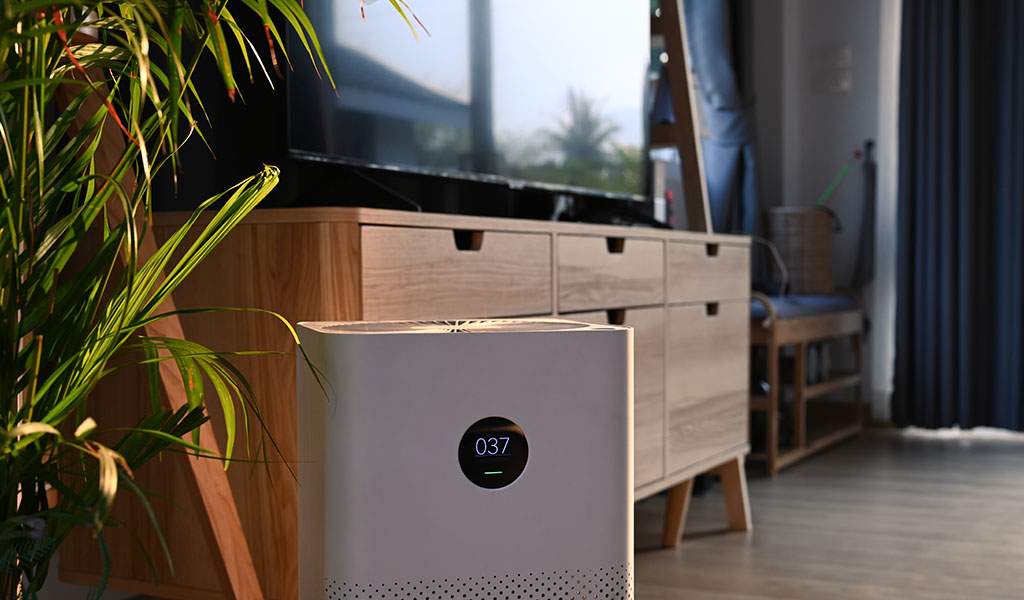Indoor Air Quality
What Does Indoor Air Quality Refer to?
Indoor air quality refers to the quality of the air inside your home. While it sounds like a simple concept, the process involved with measuring and caring for your air is quite complicated. We’ll go into what acceptable indoor air quality is in a moment, but let’s first look at some of the risks involved with poor indoor air quality.
Understanding Indoor Air Quality
Humidity
High humidity levels aren't just uncomfortable, they're also dangerous. High humidity inside your home can cause mold, mildew, and discomfort. High humidity can also cause the development of spores and bacteria that could potentially be harmful.
Dust
If you have asthma or any type of respiratory condition, there are few things that will irritate it more than dust and pollen. They also happen to be an ever-present threat no matter where you live in the world.
Ventilation
If your house or place of work has poor ventilation, the air won't exchange often enough to meet ASHRAE standards. As a result, the air you breathe in every day could be toxic and cause the development of respiratory and lung conditions.
Pets
While you may love and adore your dog or cat, there's no doubt that they are potential oxygen hazards. This is especially true if you don't have a hypoallergenic pet and one that sheds frequently.
Start Your Service Request
We know your time is valuable. Select the day and time that you would prefer and we will contact you ASAP, and work with your schedule for a hassle free experience.
Call the Pros at 1-800-Plumber +Air for Help
We can accurately measure the quality of your air and recommend things to do to make it better. Whether you need a new, better air filter installed on your HVAC system or a thorough duct cleaning, we’re the team for the job.
No matter what’s necessary, we can get it done and keep the air in your home clean and your family safe.
Need Home Repairs? Call 1-800-Plumber +Air
1-800-Plumber +Air is the premier plumbing and HVAC company in your area that focuses providing unmatched service for our customers.
Our Professional Services Have You Covered
1-800-Plumber +Air is focused on being the BEST! It’s not about being better than everyone else, instead our focus is on providing you with the fast, dependable plumbing and emergency services when you need it most. Our goal is to give you the BEST experience you have ever received from a service based business.

